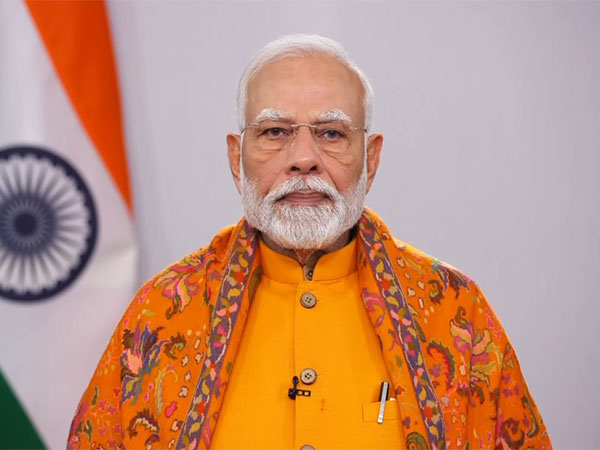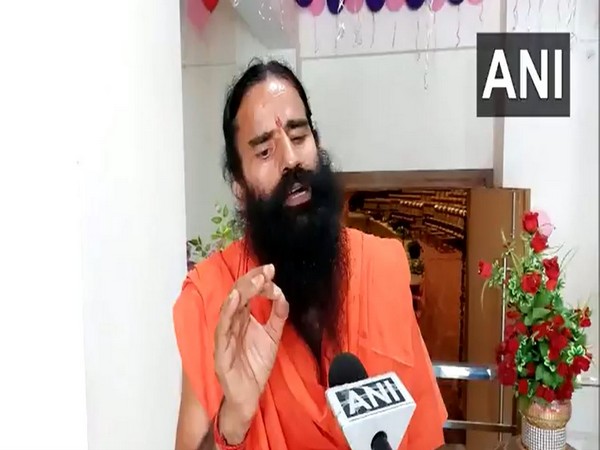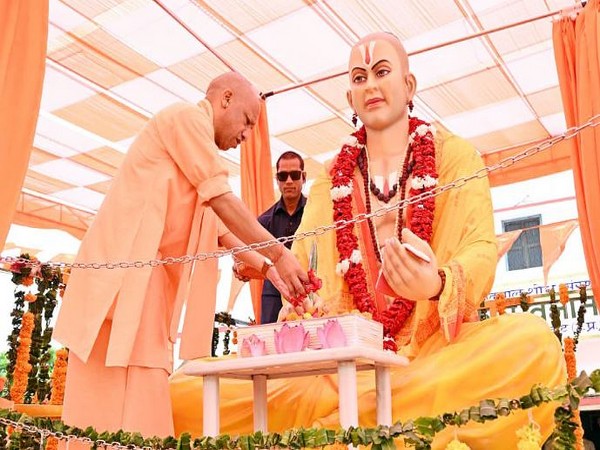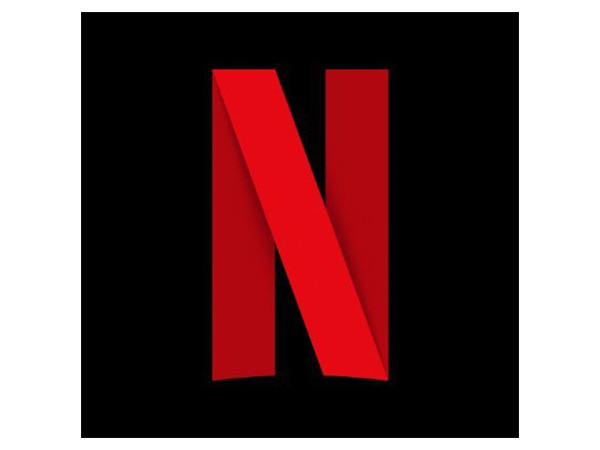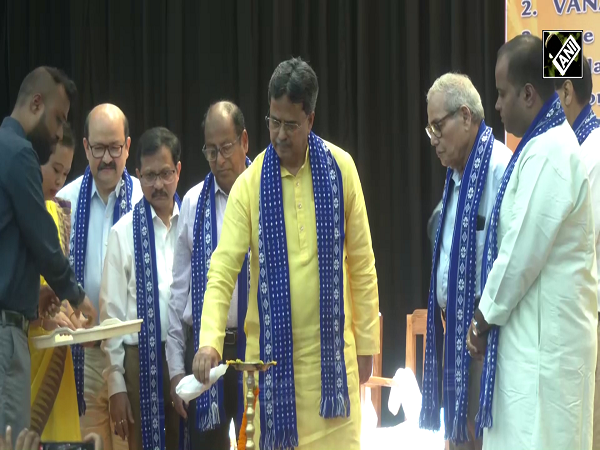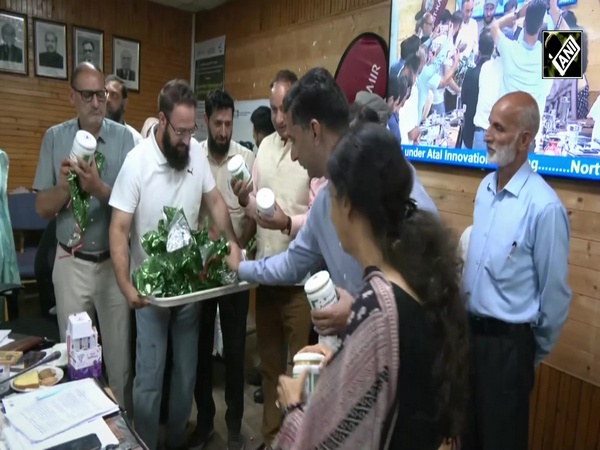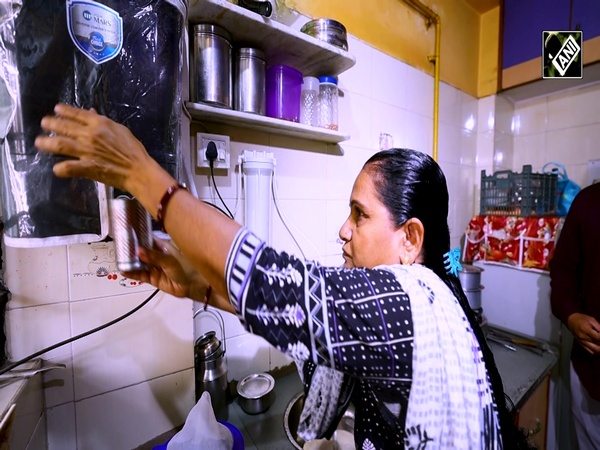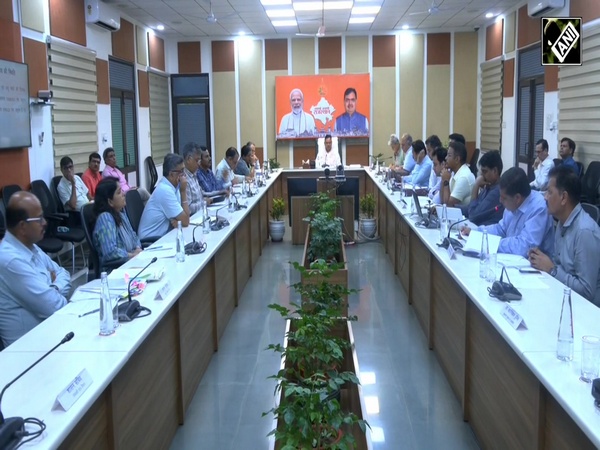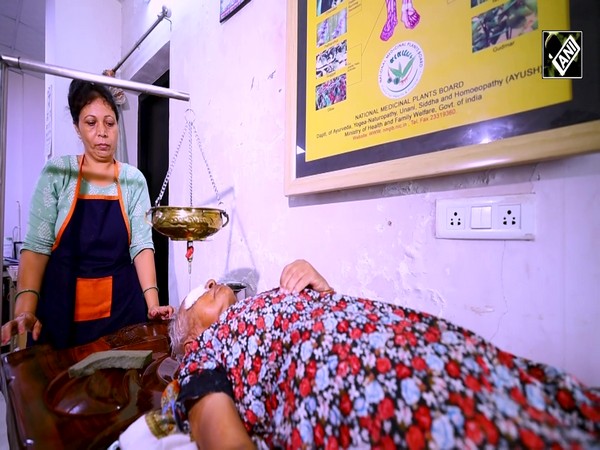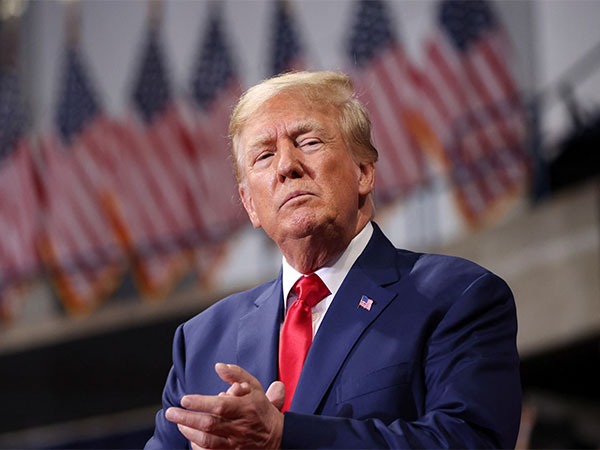
Trump's tariff move on India "troubling, economically shortsighted and strategically misguided": MTaI Chairman Pavan Choudary
Jul 31, 2025
New Delhi [India], July 31 : Chairman of the Medical Technology Association of India (MTaI), Pavan Choudary, on Wednesday termed US President Donald Trump's announcement to impose steep tariffs on Indian goods from August 1 as "troubling," calling it "economically shortsighted and strategically misguided."
In a press statement, Pavan Choudary said, "Donald Trump's announcement today on Truth Social declaring steep tariffs on India from August 1 is troubling and seems economically shortsighted and strategically misguided.
He said India is a sovereign country that takes independent decisions on matters such as defence and energy in line with national interests. Applying trade pressure in retaliation, he said, was "inappropriate and counterproductive."
"As a sovereign nation, India makes independent choices in defence and energy based on national interest and long-term strategic priorities. Attempting to punish these decisions through coercive trade measures is not only inappropriate but also counterproductive. Framing a key democratic partner in adversarial terms sends the wrong signal and could jeopardise a relationship built on shared strategic interests and trust," the statement read.
Choudary also pointed to what he described as a mischaracterisation of India's geopolitical position.
"Stacking India alongside Russia and China, as Trump has done, is an attempt to cast shadows on it before European eyes. Such mischaracterisation may be coming from a deeper frustration born of repeated failure to isolate India, despite his numerous public statements aimed at doing so," he said.
He further questioned whether Trump's announcement was influenced by recent statements made by Prime Minister Narendra Modi and External Affairs Minister S Jaishankar in Parliament denying the former US President's role in the India-Pakistan ceasefire.
"It's worth asking whether the recent clarifications in India's Parliament by Prime Minister Modi and Foreign Minister Jaishankar, firmly denying Trump's role in the Indo-Pak ceasefire, have influenced this drastic move. If so, it is unfortunate that straight talk is being met with punitive action," Choudary added.
Drawing a parallel with the past, Choudary cited the economic fallout from the Smoot-Hawley Tariff Act of 1930 in the US, warning that protectionist trade policies had historically backfired.
"History, too, offers a sobering lesson. In 1930, the US passed the Smoot-Hawley Tariff Act, slapping steep duties on imports. What followed was catastrophic: US exports fell by 61 per cent, international retaliation ensued, and American farmers and industries suffered immensely. The resulting economic pain deepened the Great Depression and compelled a course reversal through the Reciprocal Trade Agreements Act of 1934, which reduced tariffs and promoted long-term trade liberalisation. The USA stayed the flag bearer of this economic doctrine for the next nine decades throughout the world! Yet, despite the clear historical evidence, protectionist impulses resurface this time, aimed at partners, not a rival. Left unaddressed, such missteps could shift Indo-US ties from cooperation to caution," the statement reads.






